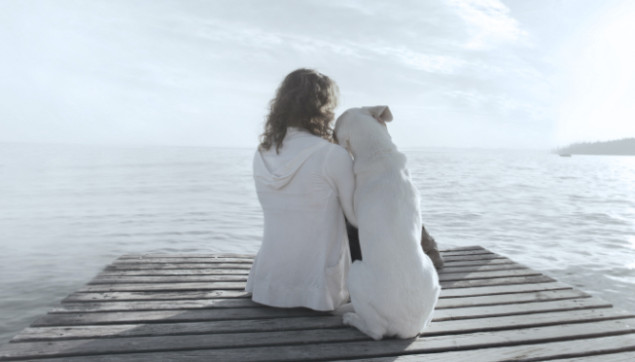How to heal through trauma

Last updated on 15th September, 2020 at 11:34 am
Traumatic experiences are sadly a part of life for many, but they need not hold you back. Finding the right help and advice after an incident is paramount.
Trauma is defined as a deeply distressing or disturbing experience. For example: the death of a loved one, or having been involved in a hijacking. One result of these terrible experiences can be post-traumatic stress disorder (PTSD), a mental health condition. Symptoms include flashbacks, nightmares and severe anxiety, as well as uncontrollable thoughts about the event. Dr Eugene Allers, a leading psychiatrist, believes that up to six-million South Africans could suffer from post-traumatic stress disorder. But it’s not all doom and gloom – there are coping strategies to overcome traumatic events.
Types of trauma
Witnessing tragic events can also cause trauma (like seeing someone being beaten up or die in an accident). Other experiences that can cause trauma include:
- Bullying
- Witnessing abuse
- Being physically, mentally and emotionally abused
- Natural disasters (like surviving a flood)
- Being involved in a car crash
- Experiencing illness or fear of illness – like the COVID-19 pandemic
Seek help by talking openly about your fears or grief with a qualified expert; do not be embarrassed, but rather work through your fears or grief. During the COVID-19 pandemic, all Sanlam Reality members have free access to our Trauma, Assault & HIV Assist benefit.
SITUATION: Severe illness or bereavement
The death of a loved one is one of the most painful experiences a person can go through in their life. Being gravely sick can also cause enormous fear and trauma – whether you are the one who has been sick, or are anxious about loved ones who are or may become sick.
SITUATION: Robbery or hijacking
Thloki*, 33, was the victim of a hijacking at the age of 31. “I thought I was going to die. I still have visions of the attacker breaking through my car window with a brick,” she says. Thloki didn’t know what to do or where to seek help – so she didn’t.
“I became withdrawn; I stopped going anywhere except to work – and even that I skipped often, because I was afraid something similar may happen to me. I started drinking to forget, until a few months ago when I got help through SADAG (the South African Depression and Anxiety Group).”
How to begin healing:
Immediately after the incident, get to safety and then report the crime to the police. In the days following, seek professional help, don’t isolate yourself, join a support group and avoid substance use.
SITUATION: Sexual assault or rape
Over 50 000 cases of sexual assault and rape were recorded between 2018 and 2019 in South Africa (SAPS Report 2019); an average of 114 cases per day – and these are only those that have been reported. Tleho, 23, was just five years old when she became a victim of rape.
“I locked those childhood memories away for many years; I was not aware that they were a source of trauma. A recent trigger at a party brought everything flooding back. “When I was little I had convinced myself that I had done something to cause the rape. My guilt made me suppress the memory,” she explains.
A friend suggested that she see a therapist, and following her first consultation, the therapist recommended she be admitted to Akeso Psychiatric Hospital in Jo’burg’s Parktown, where she stayed for 21 days. “It was life-changing. I was taught helpful techniques and tools to handle various situations. I was challenged to revisit the trauma and accept that it wasn’t my fault.”
Get to a safe place, contact a trusted friend or family member and go to a hospital or doctor within 72 hours for medication or an emergency contraceptive. Ask for referral to a rape forensic unit – a unit at selected government hospitals where doctors provide specific tests to care for rape victims, as well as collect evidence on behalf of police, which may help your case. Report your attack to the police, who can refer you to free counselling and medical assistance.
If you’re a Reality Club or Reality Access for Sanlam Group Risk member, you have free access to Trauma, Assault & HIV Assist as one of your benefits. Get 24-hour medical assistance and counselling telephonically.
*Name has been changed
Want to learn more?
We send out regular emails packed with useful advice, ideas and tips on everything from saving and investing to budgeting and tax. If you're a Sanlam Reality member and not receiving these emails, update your contact details now.
Update Now







